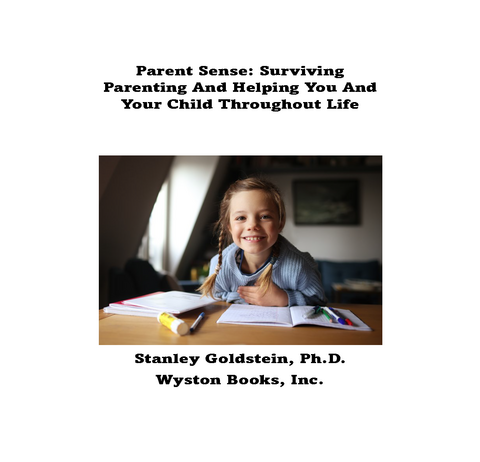
The mind of a child differs greatly from that of an adult though nightmares can terrify both. Yet they, as does feeling anxious or depressed, are intended to be helpful since their purpose is to inform us about problems. As dreams do by telling us, symbolically, what troubles. Thus if an adult is angry with their boss they may dream of kicking their dog, the thought of hitting their boss being too frightening for their conscious mind to tolerate, and a child may imagine similarly about their parent or teacher. A common misconception about dreaming is that a dream of someone dying means they will. But dreams don't predict the future and dreaming of someone dying usually reflects either concern about their health or anger toward them.
To help a child cope with their scary dreams the parent should speak to them as follows: "Dreams are our friends. They tell us what we're worried about using pictures, like with a mystery movie that we try to figure out. If you dream about hitting a friend it just means that you're angry with them, not that you're going to hit them. If you do have a scary dream we can talk about it in the morning and try to figure it out." Many years ago I gave this explanation to a five-year-old girl and her nightmares stopped for a time. Later, after she again had a nightmare, I repeated my explanation and she erupted, "Oh I know that!"








